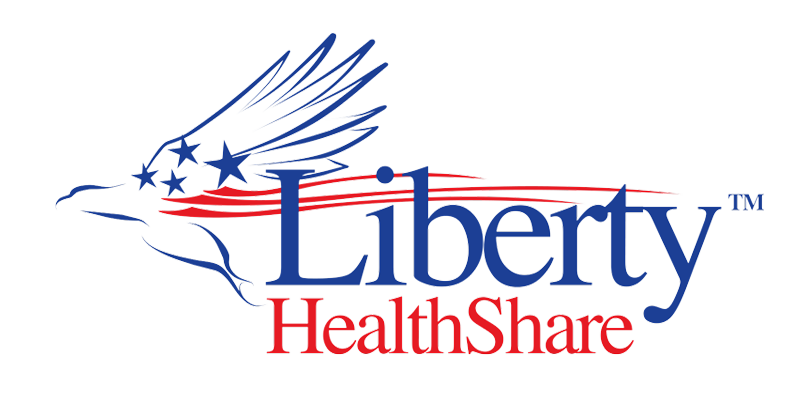

Health insurance is a rip-off. Plain and simple. Even if you get it “cheap” on the health exchange you still have a $5K to $6K deductible per person. The health sharing ministries have been another option that I have recommended. They are cheaper and cover most things. They are not perfect. Now there are other health sharing options (Sedera, etc.) out there that are not “ministries”.
In my last few years in practice, I personally used Liberty HealthShare. I never needed them until about a year ago. For over six years I have heard mostly good things about them. The problem was that they were erratic. For a year or so they would pay for a DPC membership. Then they stopped that. Then new “rules” started to appear and they needed codes and notes. That may have changed, too.
I had one patient have an MI with subsequent catheterization. They were supposed to cover it. They eventually did but not until he was in collections by the hospital.
My situation is very straightforward. I had a screening colonoscopy. I helped negotiate the price down. I paid cash and submitted the bill to Liberty HealthShare. It took 10.5 months to get my money back.
I had eye surgery. I helped negotiate the price to $5K. I paid cash for it. With the deductible, I was owed about $3600. This took 11.5 months to get my money back.
In summary, I did get my money back but not without tons of emails. The question for your patients is whether they can afford to wait almost a year to get their money back. Luckily I could. Unfortunately, many of your patients may not and if they did not pay upfront to the hospital then they would be put in collections like my patient was. That is not great for their credit.
Please share your experience with Liberty HealthShare in the comments. Maybe yours is better.
Yours is a similar experience to others I have helped convert over to Sedera. Personally, I am a member of the Sedera community and have had a great experience with them.
We’ve had quite a few patients have issues with Liberty — many of our new patients are signing up with Sedera, we haven’t heard anything negative about them so far!
Liberty, Sedera, and all the other “sharing” groups rest on similar organizational principles and unregulated legal footing. Sedera’s CEO has himself complained that some religious sharing ministries are too parsimonious. The pressures that lead health sharing communities toward parsimony/bureaucracy may not differ from community to community – and they are not all unlike the same pressures faced by actual insurers. It’s problematic to expect better results from sharing communities than from insurers, even if the sharing communities are religiously based. Can more be expected of FOR-PROFIT Sedera when it serves its “community” members the same deregulation without the fellowship?
Liberty has all kinds of legal issues, they settled with the Ohio AG along with their vendors and they also have a Class Action… many people are owed in excess of 100K, it is a disastor and finally people are starting to see i… Aliera was another disastor… watch for more and more Healthshare issues as there is zero regulation… it is awfull…